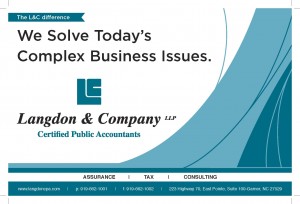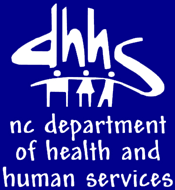Thanking Donors – What’s required by the IRS?
by Meagan Bulloch
As year-end fundraising drives have now ended, the development departments of many non-profits are busy preparing contribution acknowledgements or “thank you” letters. So, how can these non-profits ensure they give the donors what they expect and what the IRS requires?
If a monetary contribution was made for which the organization did not provide any good or service in return, the donor is required to have a bank record or written acknowledgement of the gift before they can claim a charitable contribution deduction on their federal tax return. It is acceptable if the acknowledgement is provided electronically to the donor but many organizations still find value in mailing personalized thank you letters.
If the donation received is greater than $250, a basic thank you note not will not suffice as adequate support for the IRS. To aid your donors the organization should provide the following information in the acknowledgement/thank you letter:
- Name of your organization
- Statement that the non-profit is a recognized tax-exempt entity under IRS under Section 501(c)(3)
- Amount of cash contribution or description of non-cash donation (but NOT the value)
- Date the donation was received
- A statement that no goods or services were provided by the organization in return for the contribution
Separate acknowledgements can be provided for each contribution exceeding $250, or an annual acknowledgement can be provided if more practical. Best practice is that acknowledgement(s) should be provided to donors no later than January 31 of the year following the donation.
If your organization received a quid pro quo contribution, when a donor makes a payment exceeding $75 that is comprised of both a contribution and a good or service provided by the organization, the organization is required to provide a written disclosure.
Example – The organization holds a dinner valued at $40 and charges a ticket price of $100, the donor’s tax deduction is limited to $60. However, because the total amount paid was greater than $75, the organization must provide a disclosure statement to the donor even though the value of the contribution is less than $75. The disclosure statement provided to donors should include:
- A statement informing the donor of the amount of the contribution that is tax deductible – limited to the excess of the contribution less than fair market value of the goods or services received
- A good faith estimate of the fair market value of the goods and services
A penalty is imposed on charities that do not meet the written disclosure requirement. The penalty is $10 per contribution, not to exceed $5,000 per fundraising event or mailing. An organization may avoid the penalty if it can show that failure to meet the requirements was due to reasonable cause.
But what if…
Gifts in-kind with a market value in excess of $5,000 may require an appraisal (that the donor can be required to pay for)
The above guidelines are detailed in the IRS Publication 1771, these rules do not apply to a donated motor vehicle, boat or airplane if the claimed value exceeds $500. (See IRS Publication 4302, A Charity’s Guide to Vehicle Donations and IRS Publication 4303, A Donor’s Guide to Vehicle Donations).
Meagan ([email protected]) is an Audit Manager at Langdon & Company LLP. She works primarily with non-profits in various industries.





 North Carolina General Assembly passed
North Carolina General Assembly passed  , as many as 70% of applicants are expected to be eligible to use this form, not only slashing the time spent by those charities in completing the application but also minimizing the time spent by the IRS in reviewing their files. The electronic filing requirement is also expected to increase the efficiency of the process. An application fee of $400 must be electronically submitted with the application as well.
, as many as 70% of applicants are expected to be eligible to use this form, not only slashing the time spent by those charities in completing the application but also minimizing the time spent by the IRS in reviewing their files. The electronic filing requirement is also expected to increase the efficiency of the process. An application fee of $400 must be electronically submitted with the application as well.